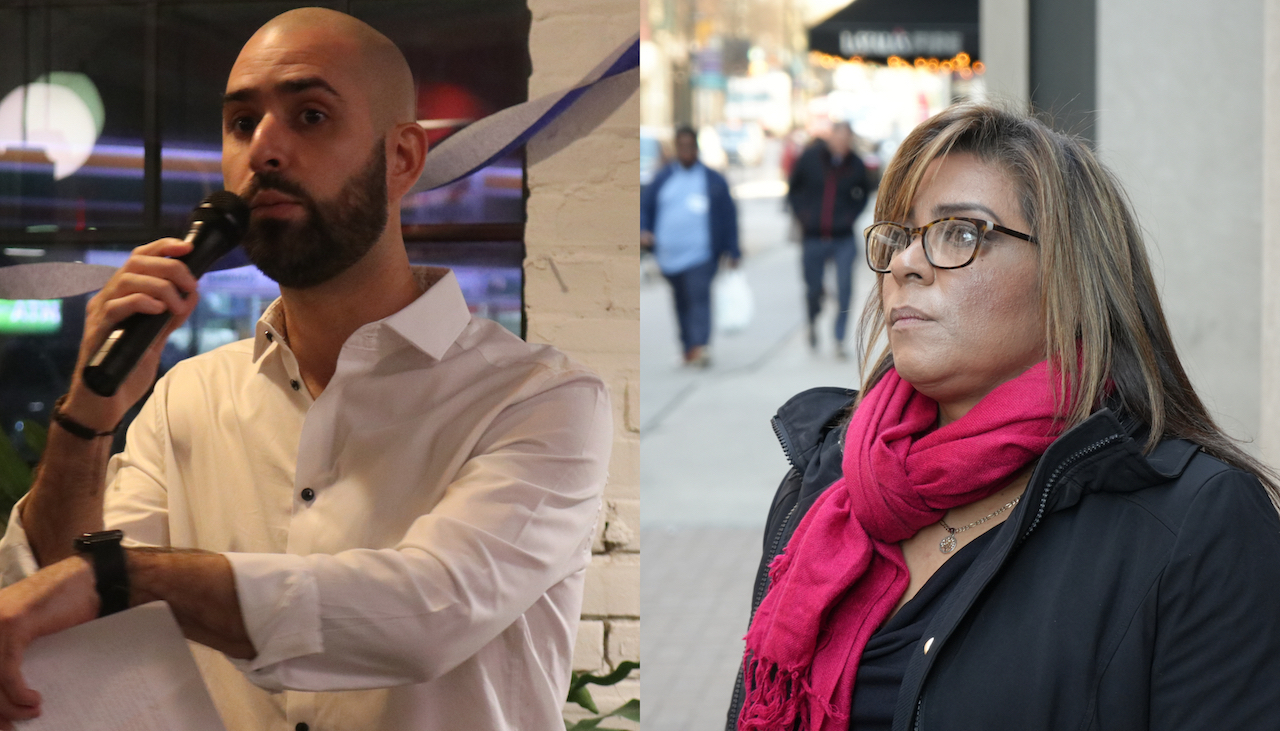
Andres Celin becomes the target of a trove of attack ads with murky origins
Unmarked anti-Celin election flyers have been circulating in Norris Square mailboxes, but their origins are unclear, potentially infringing campaign ethics.
Editor's note: Nigel Thompson contributed to this report.
The race for City Council in Philadelphia has somehow managed to separate itself from the political buzz, attack ads, and influx of cash currently drowning the simultaneous mayoral election. With few viable, district-level competitors, most eyes are on the crowded at-Large slate with over 20 candidates vying for finite seats.
That’s not so much the case in District 7, where reams of anti-Andres Celin campaign fliers with unclear origins materialized in the Norris Square community, chock full of sensationalized language and blurred imagery. Election observers say the tactics could run afoul of the city’s campaigning ethical requirements, while others say it’s just another day in District 7.
Photos draw a contrast between the two prospects, on one page placing images of Celin next to photos of unidentified individuals engaging in drug use, saying that he supports “the distribution of needles and opening injection sites in the neighborhood” and attributing said quote to the candidate.
One quote attributed to Celin says he supports “the distribution of needles and opening safe injection sites in the neighborhood,” but the translation, vetted by AL DÍA, says he favors “opening places for addicts to inject themselves.”
Celin initially entered the race leaning favorably toward supervised injection sites as a viable alternative to tackling the opioid crisis sweeping the Kensington Allegheny area, but has since walked back on fully supporting these measures just as political opposition sharply increased.
He said in follow-up interviews that emerging prevention measures have a penchant to be viewed as silver bullets and that he maintains an openness to other routes like “increasing access” and “reducing barriers” to treatment for addiction.

On the backside, a headshot of Lozada with a quote that said she is “the only Latino woman in City Council” that just began her term and to “let her do her job!” The choppy Spanish-language translation makes it difficult to discern whether the copy was produced by a Spanish speaker or someone familiar with the language beyond literal translations.
Other blurred images display Lozada, seemingly speaking to a panel, saying she has met with numerous stakeholders “to find practical solutions to the rising crime in the neighborhood.”
When Lozada formally began her term in January, indeed, the incumbent hosted a Coffee with a Cop tour, giving the district an idea of the kinds of ideological initiatives she’d adopt.
Residents who spoke to AL DÍA reporters expressed concern over receiving undue materials at their doorsteps.
Undisclosed origins
Offensive electioneering, albeit common, must still obey state law, which requires political action committees (PACS or Super PACS) and campaigns to disclose the source of the attacks.
“Any material that is trying to influence the outcome of an election has to say who pays for it. That's cut and dry,” said lawyer Adam Bonin, who collaborates with Helen Gym’s campaign, and recently issued cease-and-desist letters to outlets running an anti-Gym advertisement.
But the ads filling Norris Square mailboxes are far from clear. They list groups named “Norris Sq. & West Kensington Neighbors for Clean and Safer Streets as one of the flier’s sponsors, accompanied by another, LatinosUp215.
Aside from having no trace of the group’s existence in the district, they are not duly registered as PACs. In the fliers, it does not say whether those organizations financed the ads.
“If it's not an individual, if it's some kind of group…they need to register their political committee with the board of ethics with the city commissioners, and make regular five filings with the board of ethics.”
A minimum threshold of $250, if registered under the city’s campaign laws, alerts the ethics committee of new involvement during the election cycle by groups that engage in coordination with campaigns or act separately.
Not triggering the threshold means the city has limited ability to narrow down election actors, making groups almost untraceable.
“Lots of people can play in politics, political speech is a great thing. But there has to be a level of accountability, and that accountability is, when you're paying for something, you have to say who it is,” Bonin said.
Another day in the 7th
Multiple people, including residents and former elected officials interviewed by AL DÍA News, said it’s common for District 7 residents to witness a barrage of misinformation tactics during election cycles.
Maria Quiñones Sánchez, the 14-year incumbent known as an outsider of the Democratic Party apparatus, said she was a frequent target of similar smear campaigns with near-undetectable sources.
“It happens, quite frankly, quite frequently in our community and in all communities, as people get desperate and get towards the end,” Quiñones Sánchez said in a conversation with AL DÍA.
Quiñones Sánchez, who in the past has filed injunctions on Election Day when she caught whiffs of irregularities at polling sites, said the approach could result in an outcome opposite to its intended effect, deflating turnout.
Recalling elections where she was on the municipal ballot, Quiñones Sánchez said materials sometimes place her name next to her opponent’s ballot number, attempting to mislead voters.
“We have this happen in neighborhoods all the time people put an event together, put a flier together, put a name of something in there isn't an official organization or anything,” she said, noting the work of possible “overzealous supporters.”
RELATED CONTENT
And in a District that suffers from consistently poor turnout in wards, the tactics, she and others argued, inflict harm on the electoral process overall.
Driving turnout or swerving it?
“People don't like negative campaigning, although the people engaged in negative campaigning are very motivated,” said Quiñones Sánchez, while emphasizing that residents less inclined to participate in elections are given solid reasons that confirm their beliefs.
“People don't like going into polling places and hearing some of the hostility, but that has been the history of our neighborhood. I don't think that's going to change for a while because I think that we don't know how to run issues campaigns without having to go in the gutter.”
But amid being one of the more competitive races in Philly as far as the district-level field is concerned, both Lozada and Celin have run with minimal mudslinging. Months ago, Celin challenged Lozada’s petition documents with claims that a bulk of her signatures were invalid.
Lozada collected thousands more signatures than Celin in the lead-up to the deadline, Asked whether she would level a challenge of her own, Lozada said she would not, refusing to engage in scuffles, she said.
Eventually, Celin dropped the challenge, and neither campaign argued before a judge. Weeks later, Celin boasted grassroots fundraising efforts and, in doing so, highlighted Lozada’s backers, whom Celin donned “corporate developers, including multiple in New York City.
“Only 7 of Lozada’s donations were at or under $250,” a press release read.
There have been instances where Lozada hurled slights of her own, saying that it’s “easy” to speak when a candidate isn’t doing the job, as noted from a forum hosted by the Riverwards Area Democrats.
Still, the name-calling has been calm in general until the appearance of the fliers.
“We have run a clean campaign, through and through, with a positive vision…without trying to disparage or saying anything dishonest about anyone. And so while it was very disappointing to see that,” Celin told AL DÍA in an interview, reacting to the fliers.
“I know that that's the way that politics is played,” said Celin, “it's preying on people's fears and using dirty tactics, as opposed to competing in a clean way by which I whose ideas are the best or the best suited to serve the community, and in saying that we know that you're afraid about something.”
Lozada, who learned of the materials through an interview with AL DÍA, said that she did not condone those practices.
“That's not how I run politics. That's not how I run campaigns that just now, historically,” said Lozada, who expressed concern over the friction that possible campaigning malpractice will breed after the primary election.
“That is why we need to be cautious about the things that we say as candidates. Because we need to live with one another, we need to live amongst each other. If I'm going to put something out if I'm gonna say something about [Andres Celin], I'm gonna say it to his face, and I'm going to stand by what I said.”
The City Commissioner's office has not returned comment to AL DÍA News.



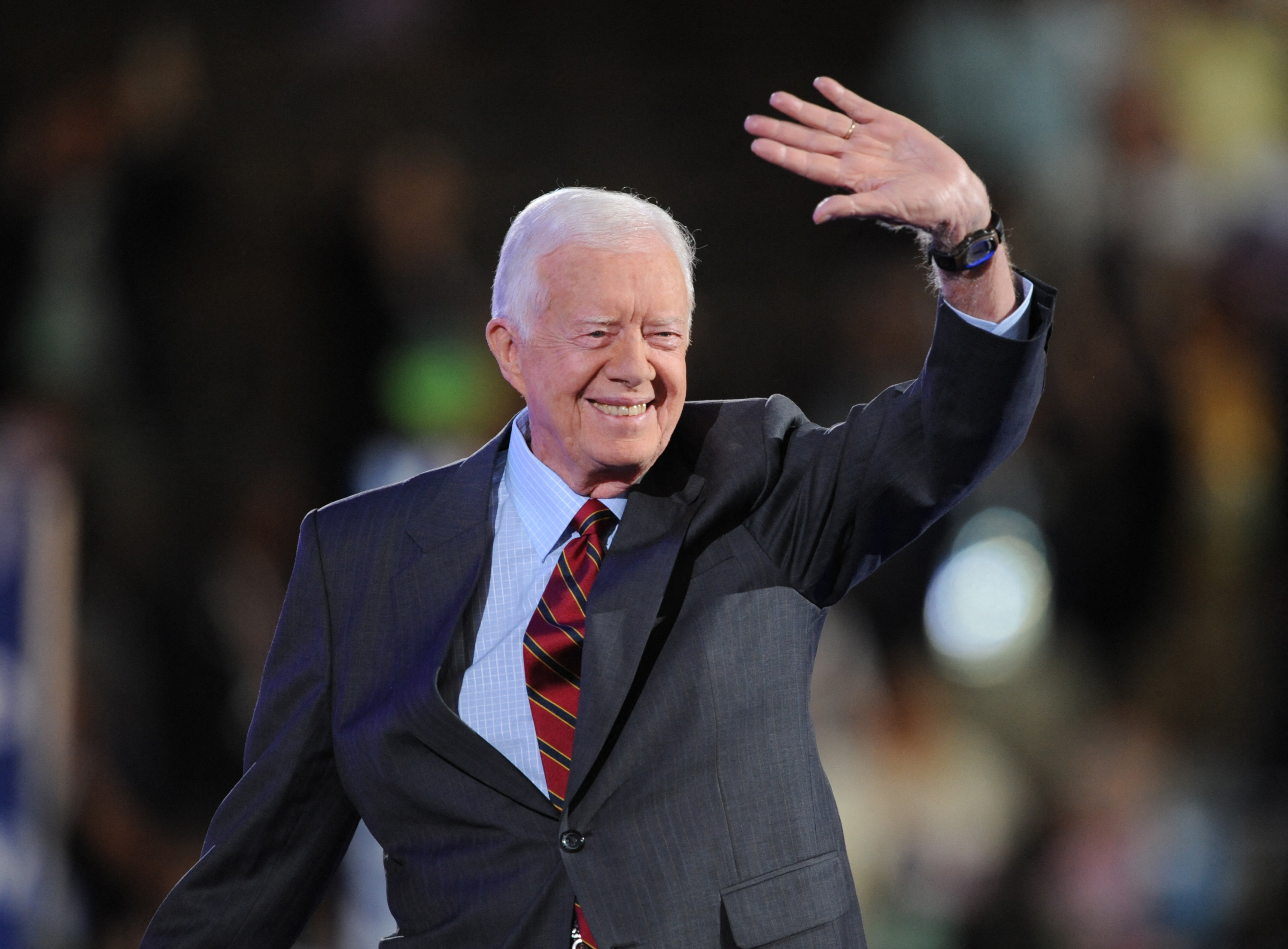
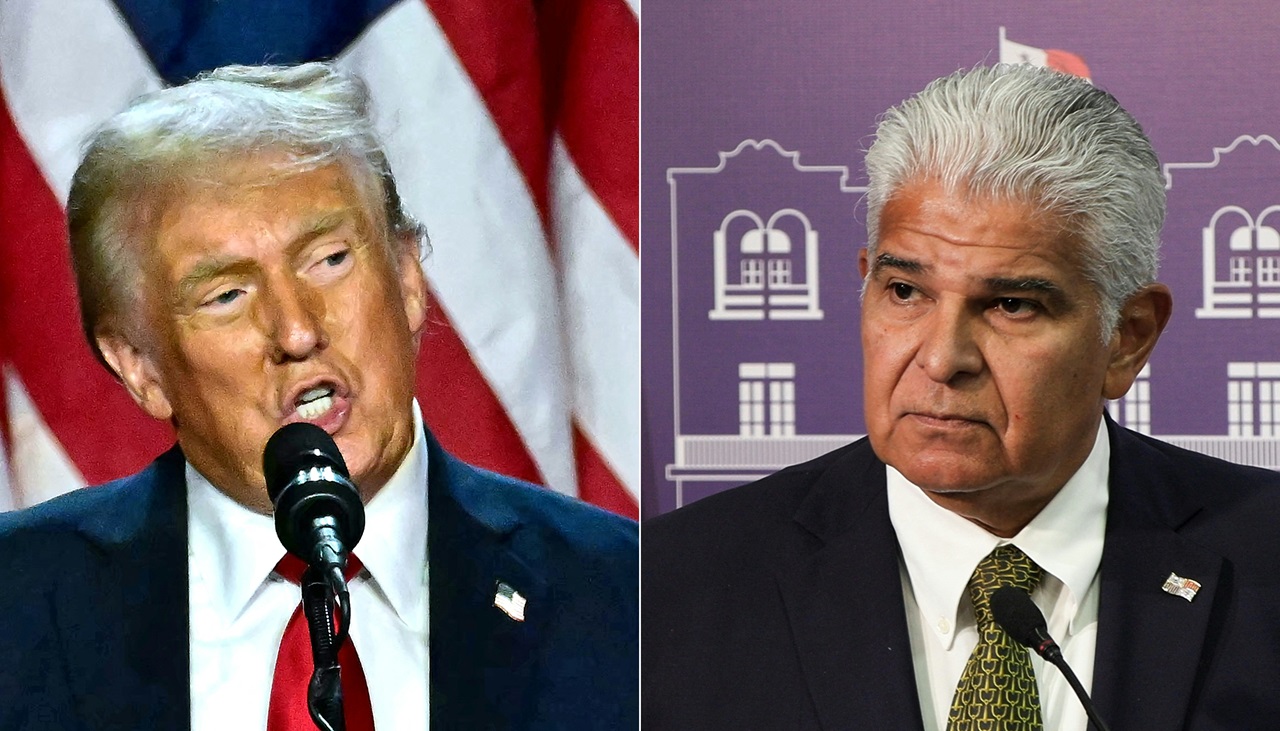
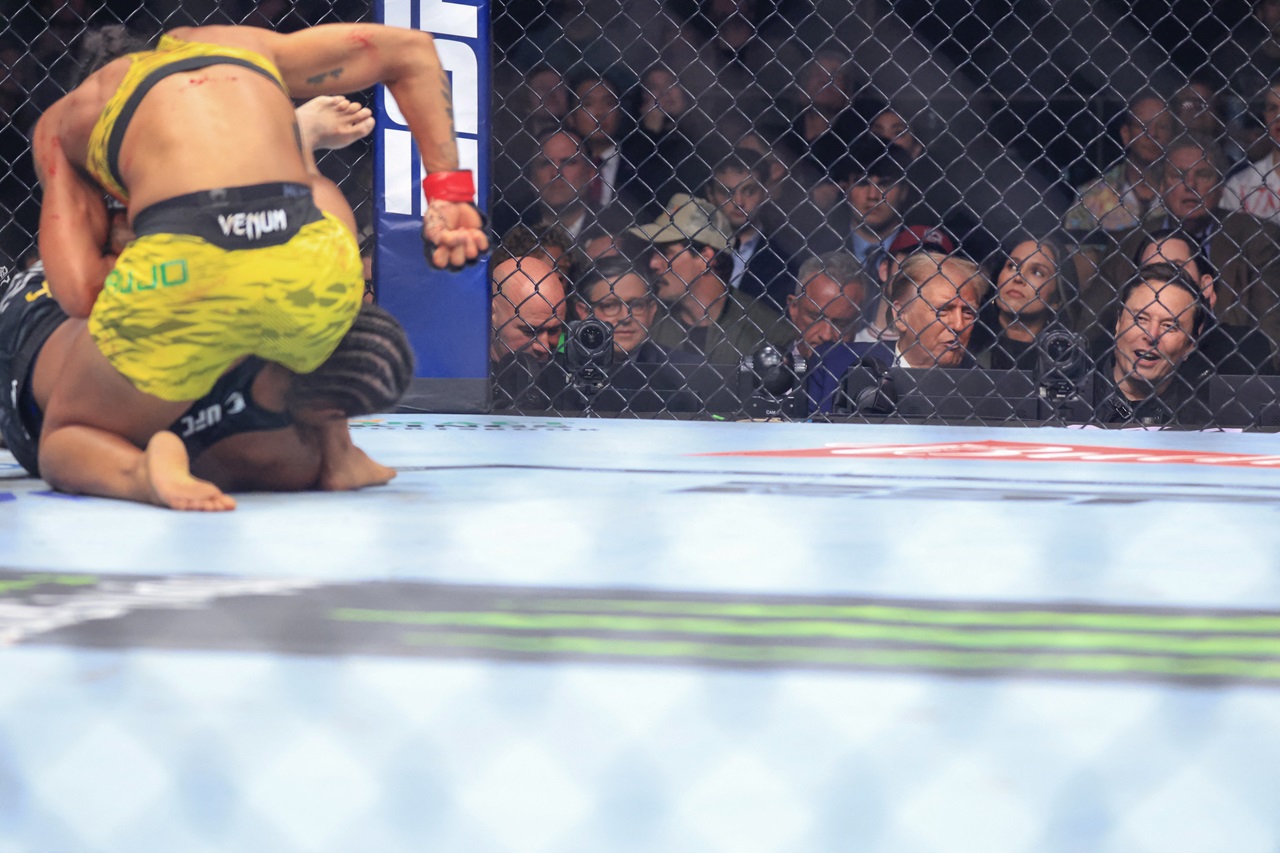



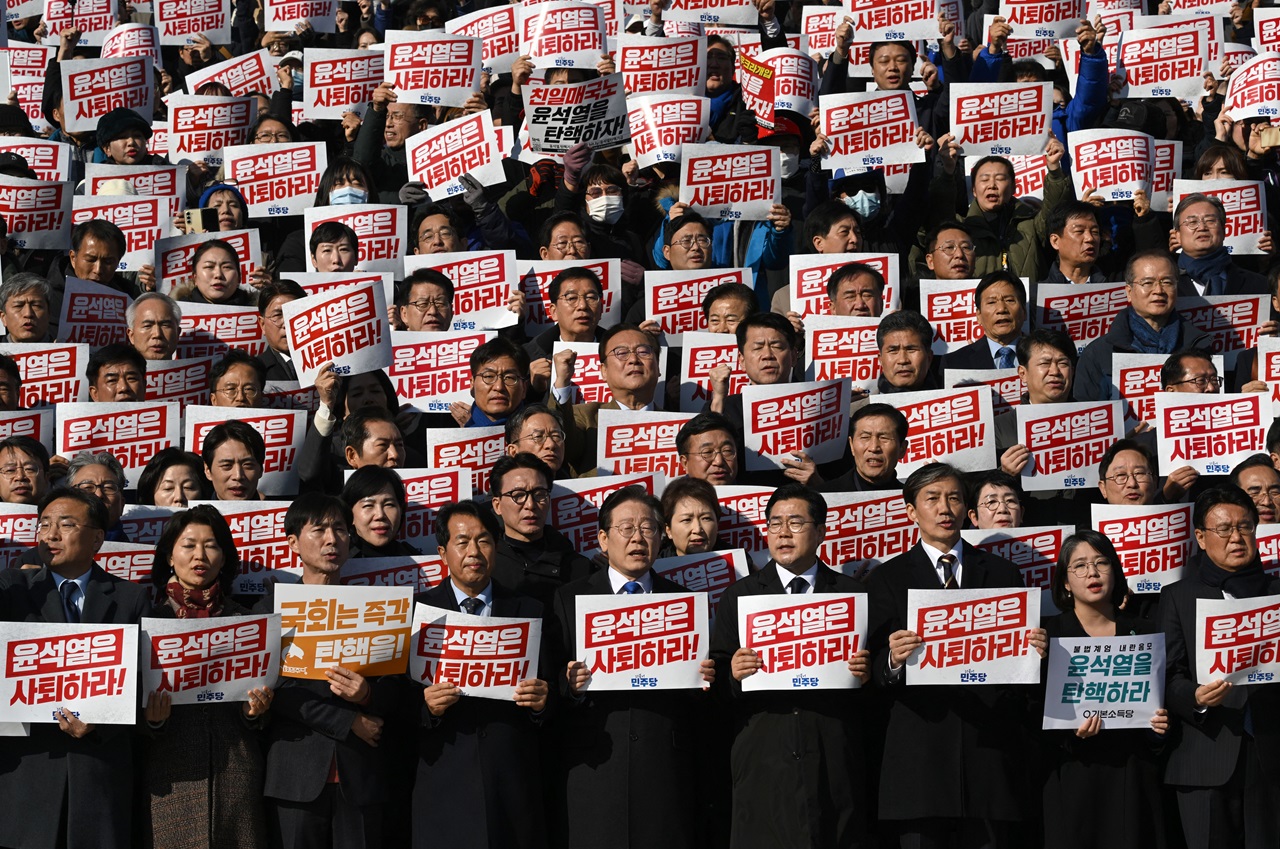

LEAVE A COMMENT:
Join the discussion! Leave a comment.